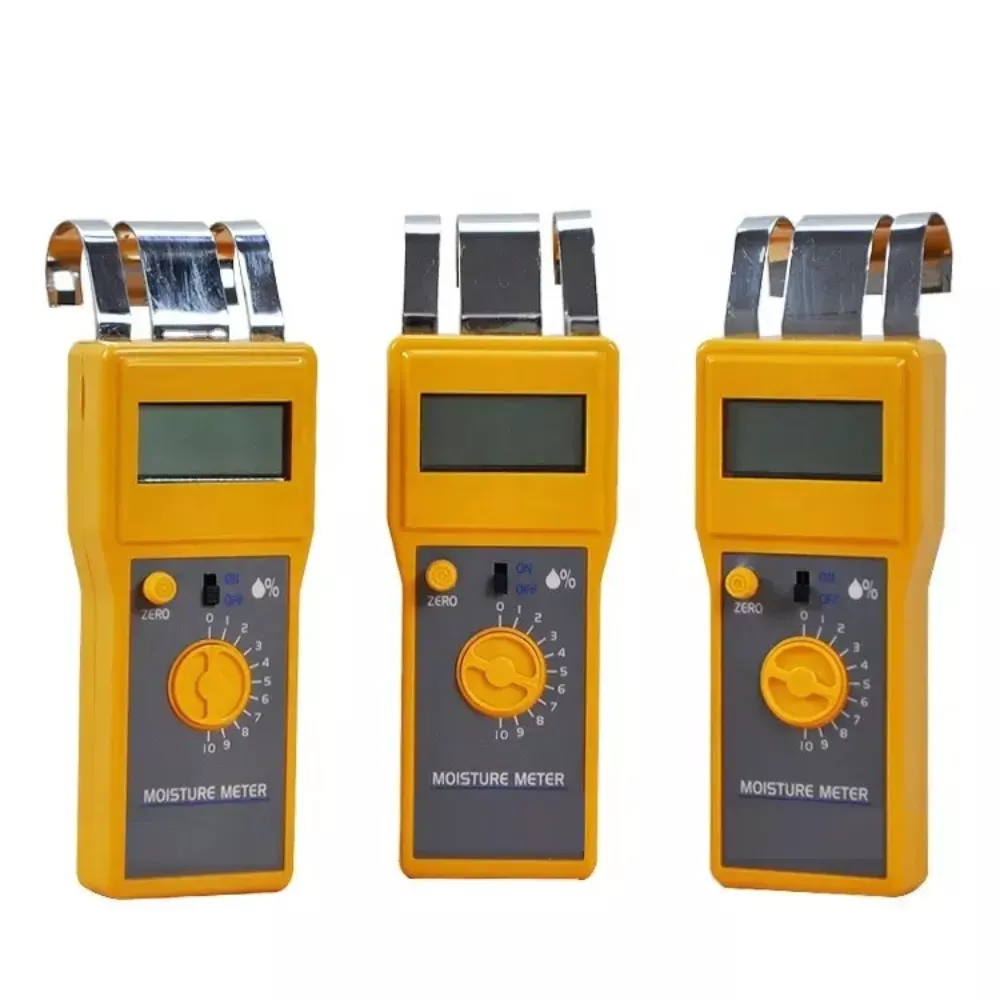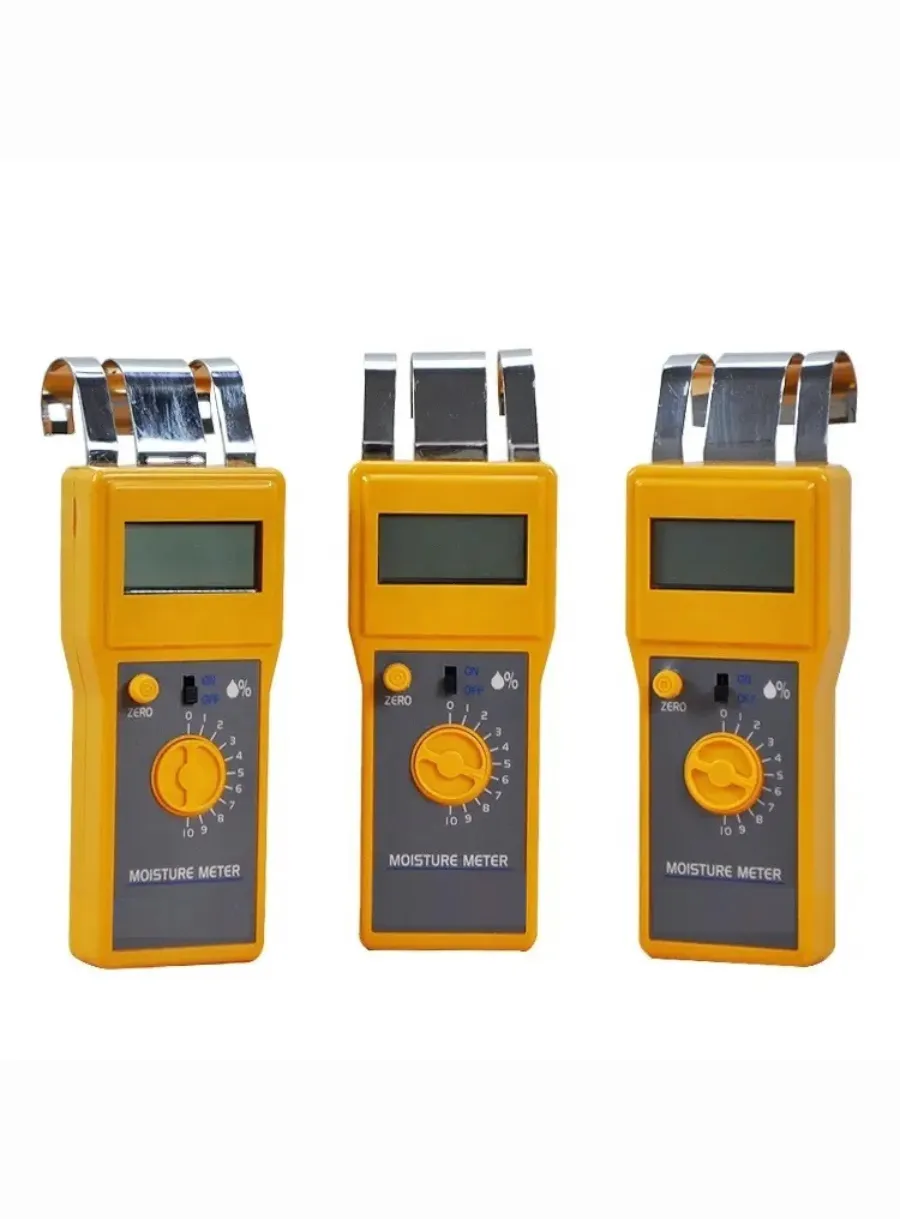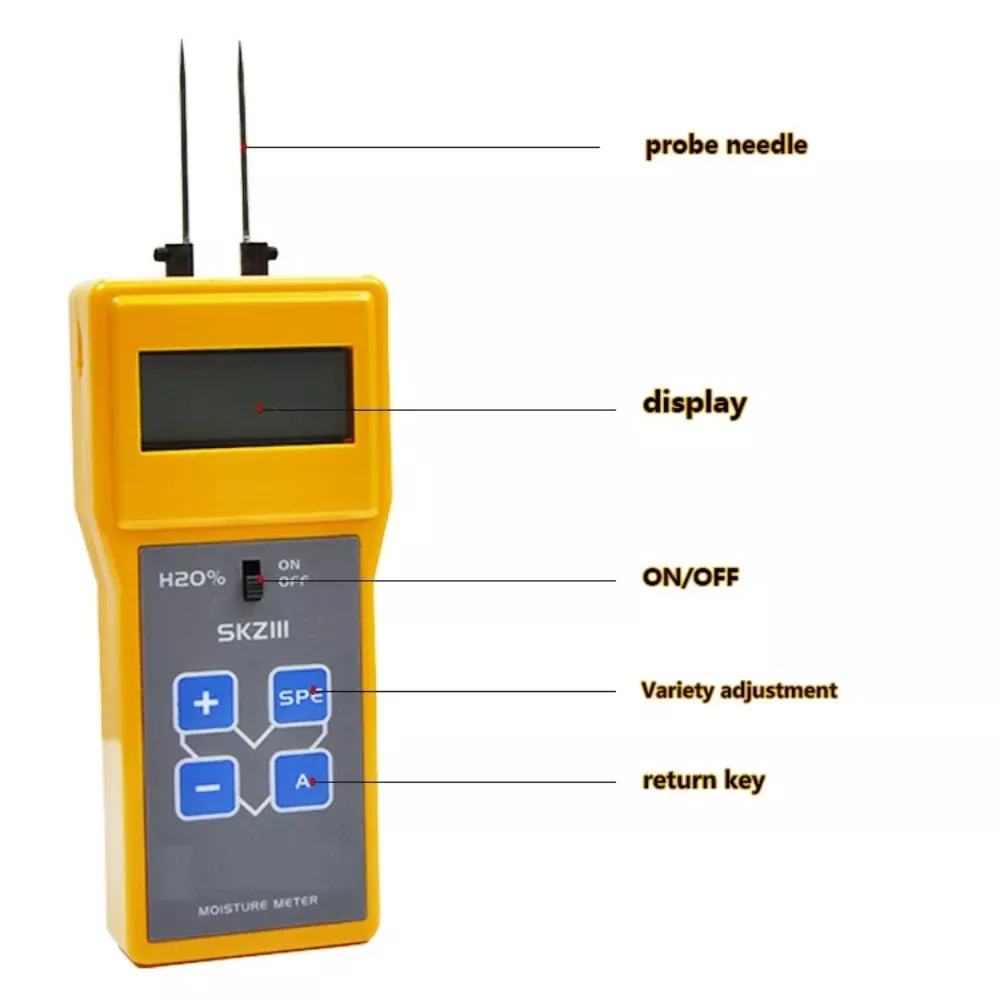
Cotton Moisture Meters in Research and Development
Table of Contents

Cotton moisture meters have emerged as indispensable tools in the research and development of cotton cultivation and processing techniques.
Cotton moisture meters are devices designed to measure the moisture content in cotton bolls, seeds, and fibers. The development of cotton moisture meters has been a significant milestone in the field of cotton research and development. Early moisture meters were limited in accuracy, but advancements in technology have led to the development of more sophisticated devices, such as time-domain reflectometry (TDR) and near-infrared (NIR) moisture meters, offering greater accuracy and ease of use.

The use of cotton moisture meters in research and development has led to significant improvements in cotton cultivation and processing techniques. By providing accurate and real-time measurements of moisture content, these devices enable farmers and processors to make informed decisions regarding the optimal time for harvesting, ginning, and processing, resulting in increased yields, improved quality, and reduced waste in the cotton industry.
As technology continues to advance, it is expected that cotton moisture meters will become even more sophisticated, further enhancing their role in the cotton industry. The development of new cotton varieties with improved moisture management properties, enabled by the understanding of the relationship between moisture content and cotton quality, is just one example of the ongoing advancements in the field of cotton research and development.
Comments
Tags
Frequently Asked Question
Moisture content plays a crucial role in determining the quality and yield of the final cotton product, making it essential to manage precisely during cultivation and processing.
Early moisture meters were limited in accuracy, but the development of more sophisticated devices, such as time-domain reflectometry (TDR) and near-infrared (NIR) moisture meters, have provided greater accuracy and ease of use.
Cotton moisture meters have enabled farmers and processors to make informed decisions regarding the optimal time for harvesting, ginning, and processing, leading to increased yields, improved quality, and reduced waste.
As technology continues to advance, cotton moisture meters are expected to become even more sophisticated, further enhancing their role in the cotton industry, including the development of new cotton varieties with improved moisture management properties.

